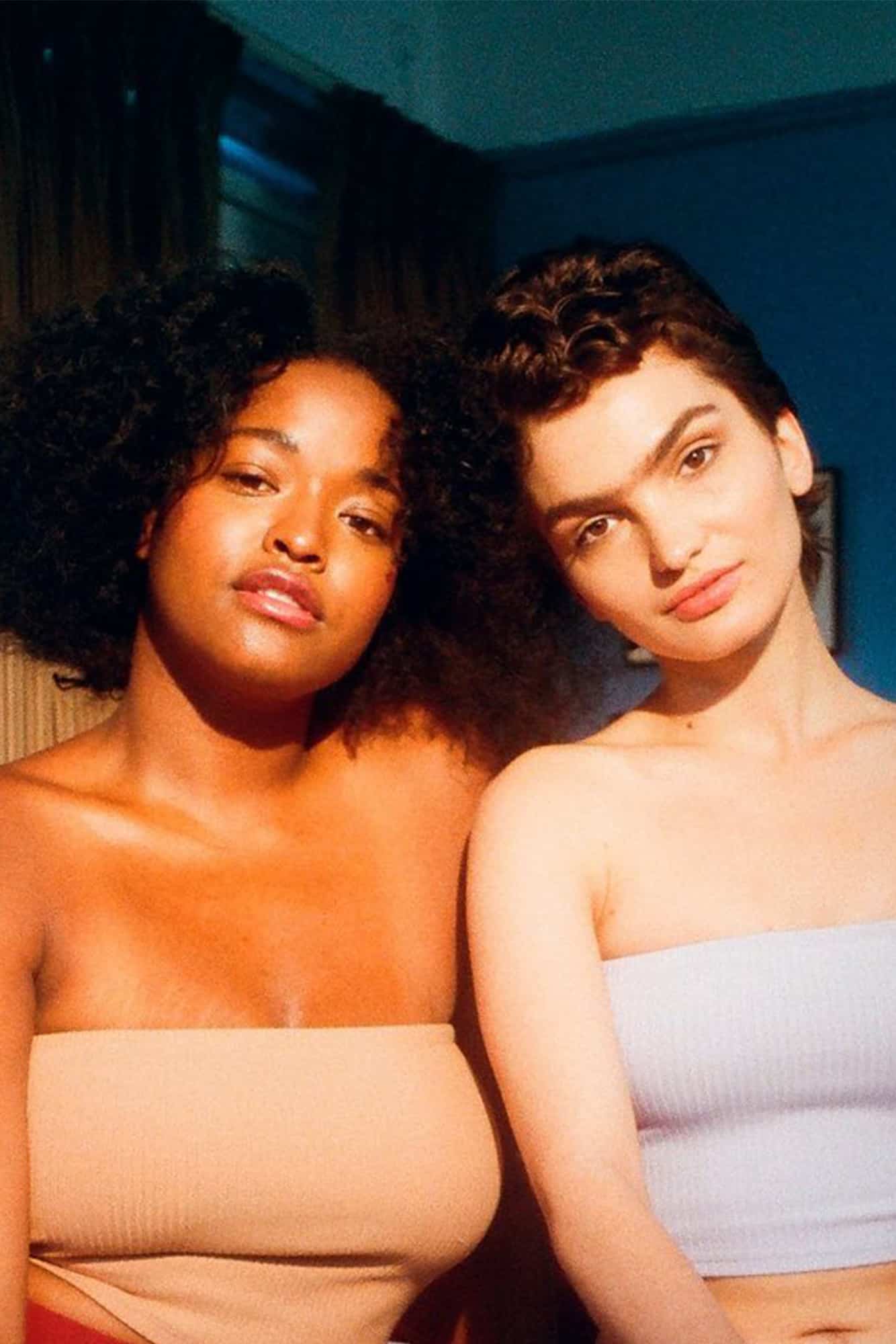There are 9,300 fewer shops on the British high street since the start of the pandemic, Ordnance Survey data has revealed. While the number of beauty salons and tattoo parlours has exploded, local bank branches, department stores and fashion retailers are down by up to 13%.
None of this is surprising – the high street was in decline before the pandemic – although these changes are being attributed to lockdowns and adoption of online shopping as a result. The headline from this new data? The high street has become a place for doing stuff rather than buying stuff although for many towns this shift has come without a greater, uplifting vision and that’s a problem.
Looking at high streets across the country – many of which are now characterised by empty units, vape emporiums and charity shops – it’s easy to feel nostalgic for better times. The glory days of Topshop on Oxford Street and memories of busy Saturdays where it felt like everyone headed to town. But this does not help us uncover what the high street should be now or in the future – in fact, perhaps this is holding everything back.
You may also like
Interestingly, creators – who have primarily built businesses online – are showing an increasing interest in bricks and mortar and experimenting with IRL retail formats to connect with their audiences. This is something councils, developers and businesses striving for relevancy should be watching.
Take beauty creator Jamie Genevieve’s brand Vieve, which revealed to CORQ in 2021 it had a pop-up programme rather than a desire for permanent bricks and mortar. It has had pop-ups in Glasgow and London which feature appearances from Genevieve almost every day and workshops led by local businesses she is inspired by. The company – which sold a minority stake for £5 million earlier this year – is currently running a bustling Christmas shop from Princes Square in Glasgow.
In London, Abisola Omole has just opened the flagship of her concept store Arva, featuring her own branded homeware, a curation of pieces by other businesses and serving her beverage brand, Arva Spritz. This combination of producing one-off retail experiences which allow consumers to do and buy is something creators are learning to master. The opportunity to meet them is key, but the real draw is these shops are immersive windows into their worlds, selling more than just stuff.
Councils despairing over how to regenerate their town centres should consider how local digital talent could bring their understanding of what consumers want to inform strategy for the high street. It is clear a shift has happened but with retailers shutting shops across the UK, it might be time to consider they will not be at the forefront of what comes next.
By Sara McCorquodale, CEO and founder of CORQ.










TikTok needs to step up to stop the erasure of Black content creators